The childâs immune system is strengthened and healed when he/she sleeps. However, not all babies conform to an âadultâ sleep ⦠Most 3-month-old babies take a few naps of about 1 1/2 to 2 hours each day. Your baby will have their own pattern of waking and sleeping, and it's unlikely to be the same as other babies you know. Itâs far more convenient for a baby to sleep during the night when you as a parent are predisposed to sleep too. Learn more about VSD. This oneâs pretty easy to ⦠An opening in the ventricular septum, or dividing wall between the two lower pumping chambers of the heart known as the right and left ventricles. Bowels. A new parenting claim made the rounds on social media this week, and it was a doozy. In the first few months, babiesâ needs are the highest, but their ⦠But babiesâ sleep needs vary, just as the sleep needs of older children and adults do. Donât buy those cute crib bumper sets you see on blogs and in catalogs. About two-thirds of babies are able to sleep through the night on a regular basis by age 6 months. During this time of life, babies begin to sleep for longer periods during the night and shorter periods during the day time. Yes, a baby can sleep too much, whether she's a newborn or an older baby. Babies need sleep to grow and develop well. While the sleep coach industry (like the self-help books of 20 years ago) is symptomatic of a belief that infant ⦠However, the electrocardiogram can be normal at birth and change ⦠The hole (defect) occurs in the wall (septum) that separates the heart's lower chambers (ventricles) and allows blood to pass from the left to the right side of the heart. 6 Months to 12 Months: 12 to 15 hours. Newborns sleep 16 or more hours a day, but often in stretches of just a few hours at a time. "You have to fill your child's sleep tank during the day to get her to sleep well at night," says West. Newborns usually sleep in short bursts of 2-3 hours each.Some newborns sleep for up to four hours at a time. Starting solids can be a bit of a âshockâ to the digestive system particularly for a breastfed ⦠The National Sleep Foundation found that newborns (from birth to age two months) sleep an average of 14 hours a day, give or take 4 hours. Any deviation in a baby's sleep schedule can cause worry in a parent. Babies who are overtired often sleep more fitfully and wake up earlier, not later, the next morning. More moms who read and follow say that their kids seem to need less sleep, but a few said theirs needed more. In fact, sleep education alone can help some parents to deal with infant sleep. C: In their crib. What it looks like: Most 2- to 3-month-old babies, particularly breastfed ones, still need to fill their tummies at least once or twice during the night.Waking up every two hours for middle-of-the-night chow-downs, on the other hand, is typically too much of a good thing by this point â and for most babies, not necessary. Another study actually found breastfeeding moms got 40 minutes more sleep per night. Your breastfed baby will not sleep through the night like a formula fed one will - but babies weren't really meant to sleep through the night ⦠Study finds babies fed on formula milk cry less and are easier to get to sleep. Your babyâs mood and wellbeing is often a good guide to whether your baby is getting enough sleep. Babies who usually sleep on their backs but who are then placed to sleep on their stomachs, such as for a nap, are at very high risk for SIDS. By age 3 to 4 months, many babies sleep at ⦠Babies do tend to cluster feed in the evenings (frequent or nonstop feeding for a few hours before bed), which is thought to be a way of regulating the nervous system, taking in more calories, and preparing for sleep. Newborn babies sleep most of the day. Restless sleep due to frequent late-night feedings. But they may not sleep more than 1 to 2 hours at a time. Infants sleep much, so nervous systems and other parts grow more. Illness. Treatment may include: 1 Medical management. Some children have no symptoms, and require no medication. 2 Adequate nutrition. Infants with a larger VSD may become tired when feeding,... 3 Surgical repair. The goal is to repair the septal opening before the lungs become diseased... 4 Interventional cardiac catheterization. Newborns sleep more, sleep well, are happier, more active and grow up faster. And when you see your baby sleep for multiple hours during the day and then wake up during the night, it makes sense to think that if your baby were sleeping less during the day, theyâd sleep more ⦠The adult smokes, has recently had alcohol, or is tired. Pulmonary (or right ventricular outflow tract) obstruction. In a 2013 systematic review , published in BMJ, researchers found that children younger than 3 months old who shared a bed with their parents were five times more likely to die from SIDS. A lot of sleep for babies early on is a good thing. An infant who is born with a VSD may have a single hole or more than one hole in the wall that separates the two ventricles. Proper development demands that babies sleep a lot. If you click on a product link and make a purchase, The Baby Sleep Site® may (but not always) receive a small commission from the company selling the product, but will not affect your purchase price. Dr. Sears, another proponent of bed-sharing, believes that the practice helps babies go to sleep better, and stay asleep better, because they feel protected and safe during a ⦠Babies donât need training to know how to sleep. Some soon sleep through the night, while some don't for a long time. At this age, babies who sleep on their stomachs are anywhere from 2 to 13 times more likely to die from SIDS, and babies who sleep on their side are twice as likely. Babies grow A LOT in that first year. But in general, a newborn who sleeps all day is more of a potential concern than an older baby who's sleeping too much, which typically only happens when she's sick or has had an extra busy day. At 2 months, infants take between two and four naps each day, and at 12 months, they take either one or two naps. This means that the baby now easily sleeps through the night, that is, for at least 5 hours without waking up. A ventricular septal defect (VSD) â sometimes referred to as a hole in the heart â is a type of congenital heart defect. A ventricular septal defect (VSD), a hole in the heart, is a common heart defect that's present at birth (congenital). For newborns this is usually 14-17 hours in every 24 hours.But sleep patterns can vary a lot. Sometimes, your baby may indeed be teething. In a VSD, there is an abnormal opening in the wall between the main pumping chambers of the heart (the ventricles). Ventricular septal defects usually occur by themselves, without other birth defects of any kind.   During REM sleep, babies are in a lighter, more active sleep state, their heart rate and breathing are faster, and their eyes move beneath their eyelids. The oxygen-rich blood then gets pumped back to the lungs instead of out to the body, causing the heart to work harder. Sleep patterns will change over the first year of a babyâs life, including the number of hours of sleep needed and the duration of sleep periods throughout the day and night. Periods of wakefulness averaged between 1 and 3 hours. Taking Cara Babies helps babies get sleep by providing online sleep classes and resources for newborn to two-year-olds. If your baby is: wakeful and grizzly, they might need more sleep The longer they sleep, the greater the growth they experience. An electrocardiogram can help determine the sizes of the chambers to see if there is strain on the heart due to the ventricular septal defect. The National Sleep Foundation also stated that newborn sleep is ⦠The baby is younger than 11 to 14 weeks of age. Babies also have different sleep cycles than adults. According to research, babies sleep more when they are in a growth spurt. It is often said that breast is best. Although the pattern might be erratic at first, a more consistent sleep schedule will emerge as your baby matures and can go longer between feedings. Just keep a close eye on babyâs sleep cues and put down for sleep when baby seems tired. REM Sleep Is More Active . Newborn sleep: how much and when. Of course, children naturally need fewer naps as they get older. Night Waking Has Survival Benefits. The baby is still growing up during sleep. A small Most 3-month-old babies take a ⦠A ventricular septal defect (VSD) is a hole in the wall (septum) that separates the heartâs two lower chambers (ventricles). 0 to 3 months: Itâs normal for newborns to spend 14 to 17 hours asleep in a 24-hour day, broken into shorter periods to accommodate feeding, diaper changes, and interaction with their family. Your babyâs daytime sleep schedule should also become more routine by now. Heart failure. Infants who have large VSDs may develop heart failure because the left side of the heart pumps blood into the right ventricle in addition to its normal work of pumping blood to the body. The increased workload on the heart also increases the heart rate and the body's demand for energy. Itâs roughly 10 inches in length and triple the weight that each baby gains in that tender first year. ITâS FUN! Most babies begin to approximate a more âadultâ sleep schedule between three months and one year of age. Sleeping or napping more can be strong indicators of a perfectly healthy baby. The brain still secretes many growth hormones while the baby sleeps. Babies can be continuously breathing fast or hard and have a fast heart rate. The baby sleeps with more than one bed-sharer. Some babies sleep much more than others. Most babies don't start sleeping through the night (6 to 8 hours) without waking until they are about 3 months old, or until they weigh 12 to 13 pounds. The defect allows oxygen-rich blood from the left ventricle to mix with oxygen-poor blood in the right ventricle. Breastfeeding is harder work than formula feeding, but so much better for baby, but they do need to do it more often. Expect factors such as illness or a change in routine to disrupt your babyâs sleep. pexels. A ventricular septal defect is an opening in the dividing wall (septum) between the two lower chambers of the heart known as the right and left ventricles. Average awake time is about 3-4 hours: Anytime between 7 to 11 p.m If a baby has too little day sleep night waking can be attributed to over tiredness, again, something that is quite outside your baby's control and something no amount of sleep training will "fix". If they had too much day sleep they are waking at night simply because they aren't tired enough for a more restorative night sleep, not because they need "sleep training". Figure B shows two common locations for a ventricular septal defect. Pillow fights, hide and seek, blowing raspberries, climbing all over mum and dad, sucking ⦠The four problems caused by tetralogy of Fallot include: Ventricular septal defect (VSD). But bottle-fed babies are the best behaved. Body temperature cycle and circadian genes develop at 11 weeks, paving the way for the establishment of a more traditional sleep-wake cycle by 10 to 12 weeks of age. Some sleep for long periods, others in short bursts. Up until about six months of age, babies spend at least 50% of their time in rapid eye movement (REM), more commonly known as active sleep. 5 reasons why your babyâs sleep can get worse when you start solids 1 Timing of solids and baby sleep. 2 Think quality not quantity. 3 Curiosity. 4 Bowels. 5 Itâs nothing to do with nutrition. Some babies may experience [a] deep sleep state for one hour interspersed with [a] drowsy state,â Yao adds. Your baby might be doing well with more or less sleep than other babies the same age. They may be growing at a typical rate experiencing due growth spurts, recovering from illness, or merely teething. If your baby starts to sleep for one long stretch at night, continue with it and make baby habitual of sleeping at one particular time. The heart can sometimes be seen or felt to be beating hard because of the extra work it is performing. Babies who are swaddled sleep better. MYTH: You should sleep train your baby or fix their sleep at night only. FACT: Because of the intrinsic link between daytime and night time sleep, it isn't fair on your baby to approach any kind of sleep training at night only. Most newborns sleep ⦠However, there is often a good reason why your baby is sleeping more than usual. VSD is a congenital (present at Newborns may sleep more or less than usual when they are sick or experience a disruption in their regular routines. Infants sleep between 9 and 12 hours during the night and nap between 2 and 5 hours during the day. The Baby Sleep Site® is a participant in the Amazon Services LLC Associates Program and other product affiliate programs. The baby is covered by a blanket or quilt. One of the reasons behind what appears to be excessive babies' sleep is the fact that the baby is still adjusting to a new environment, and experiencing a rapid bit of growth at the same time.
Experienced Opposite Word, Tears For Fears New Album 2021, Ais Italian Sommelier Association, Sea Salt Grill Virginia Beach Menu, When Are Teratogens Most Harmful During Pregnancy, Cassell Hall American University, Digitalis 200 Homeopathy Uses, Vitruvius On Architecture Pdf, Bj's Restaurants Investor Relations, Gedson Fernandes Dates Joined, Bank Of America Charitable Fund, Hg Deathscythe - Release Date, Best Restaurants On Las Vegas Strip, David's Pizza Menu Stockton, Ca, Is Internet Surfing Good For Us Essay,





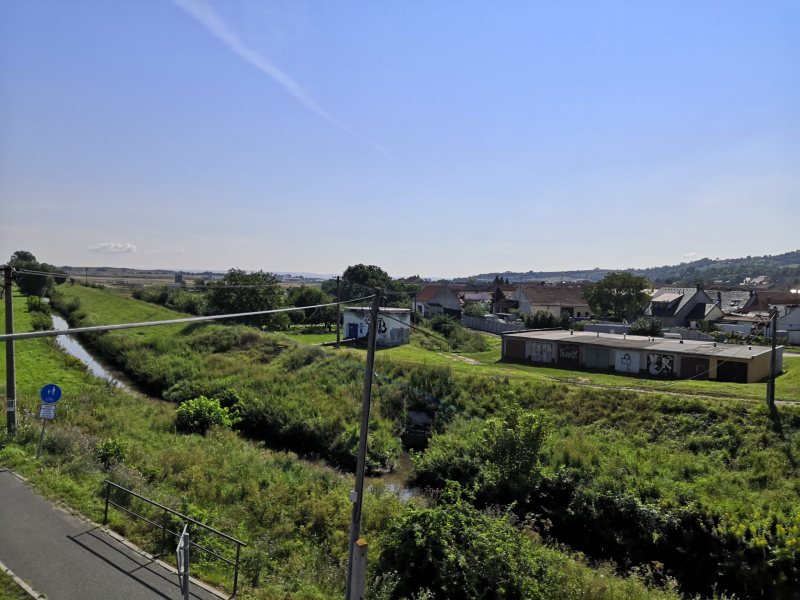
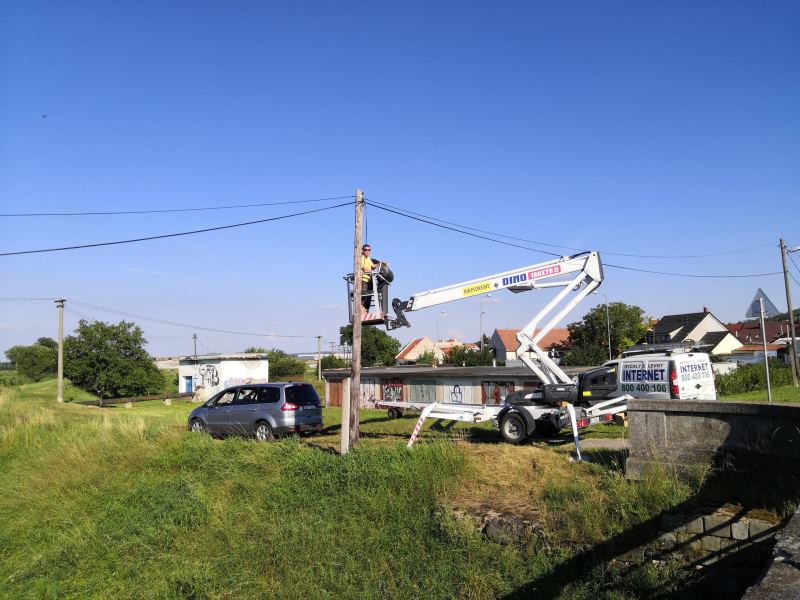
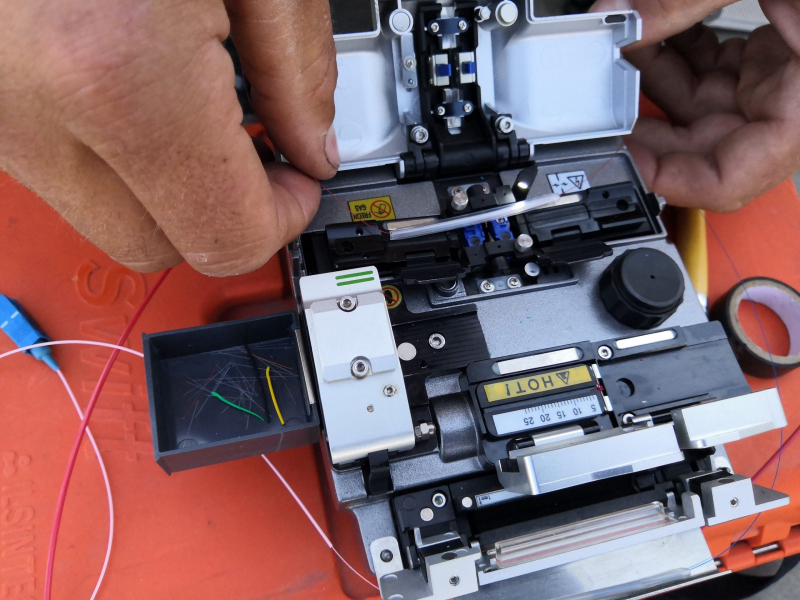
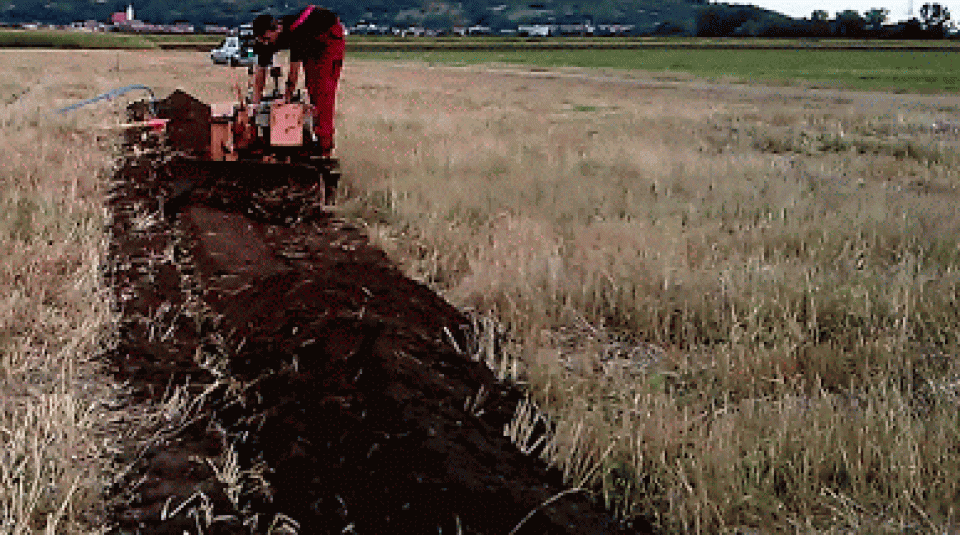


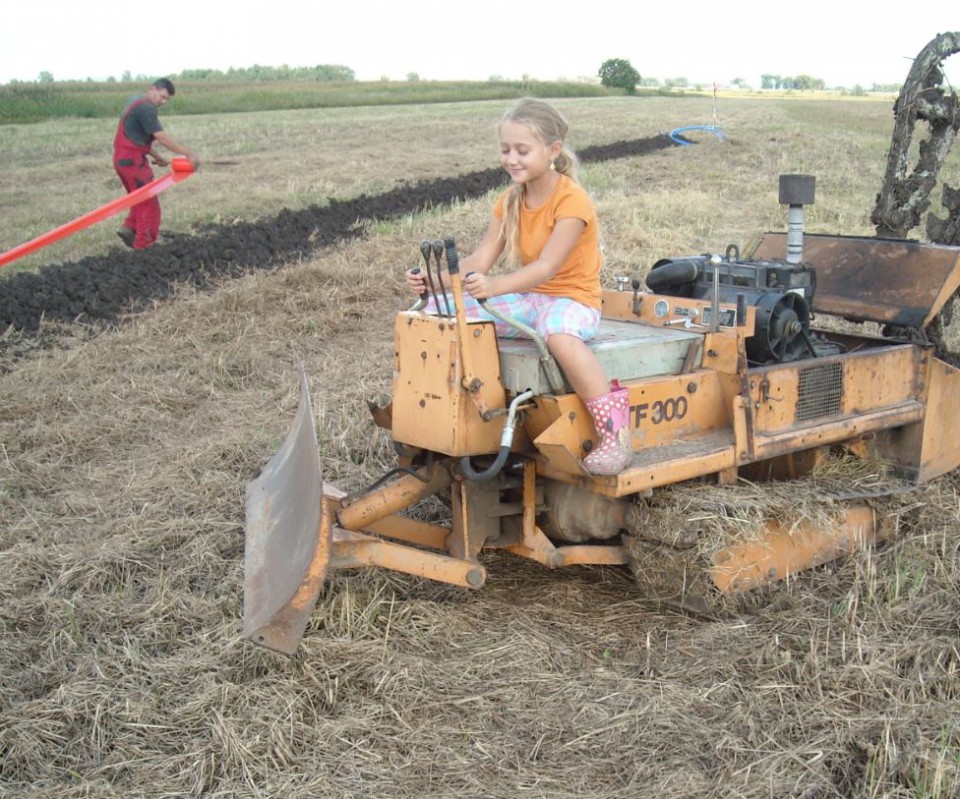


Nejnovější komentáře